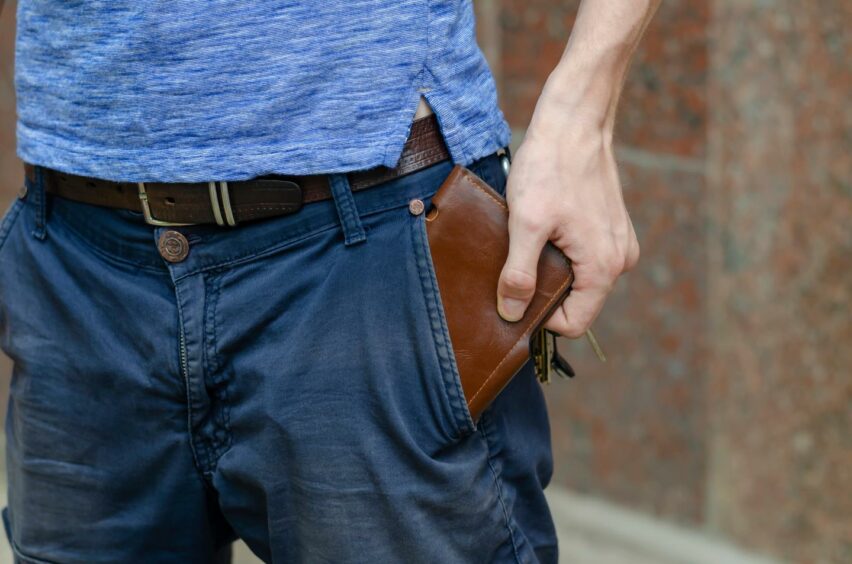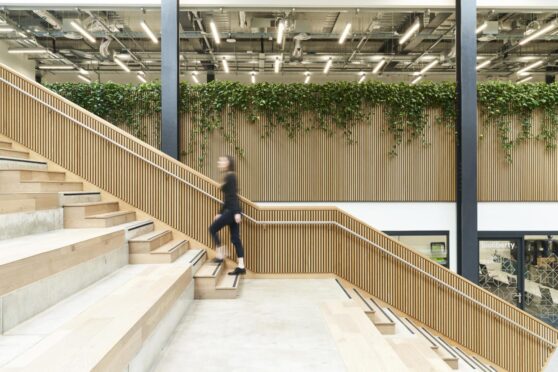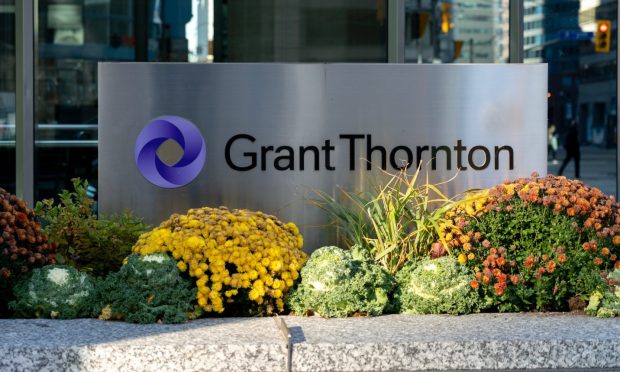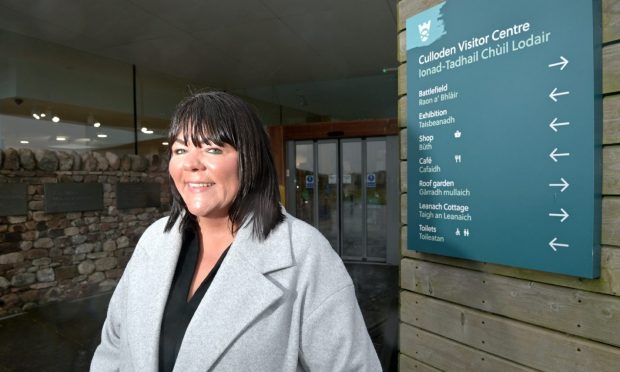Young Scots are finding it hard to resist a post-lockdown splurge, a new study has found.
Royal Bank of Scotland (RBS) looked at the changing attitudes and financial behaviours of young people throughout Scotland in 2022.
Nearly half (42%) of those questioned view spending money on fun as more of a priority than budgeting for their future.
But 85% of 18-to-34-year-olds feel guilty spending money on themselves.
Nearly two-thirds (63%) feel pressured by their friends to spend money – even when they can’t afford it.
Just over half (51%) don’t have a monthly budget set aside for having fun.
And nearly four-fifths (79%) admit they will need to rethink their spending in the wake of energy price rises.
It’s vitally important that we continue to listen to young people and understand the everyday challenges they face when it comes to managing their money.”
Malcolm Buchanan, Scotland board chairman, RBS.
The research was commissioned to support an RBS crusade to get a better understanding of the shifting financial attitudes of young people and the “internal conflict they’re feeling between the pressures to save versus their desire to enjoy life after lockdown”.
The campaign is supported by Charlotte Armitage, a social wellbeing analyst and psychologist.
Is ESG investing right for you?
New director helping McHardy push on with expansion
Ms Armitage said: “Dealing with anxiety related to your personal finances is one of the most pressing challenges coming out of the pandemic.
“Financial goal-setting can be an effective strategy against the struggle.
“Momentum is critical and if you have a long-term savings goal, you need to break it down into manageable milestones, give yourself some easy wins and reinforce positive actions.”
She added: “After the past few years it’s certainly okay to have fun and spend your hard earned money on yourself.
“Taking stock of your finances and getting a clear picture of your spending and saving will allow you to spot those areas where you can make small changes without sacrificing fun, allowing you to create memories and be confident about your financial future.”
Survey respondents cited the pandemic – and prolonged periods of lockdown – as key motivators for their changing spending patterns.
Nearly two-thirds (63%) are happy to splurge if it means the chance to make memories with friends and loved ones, whilst one-third (33%) are keen to make up for the experiences they lost during lockdown.
According to RBS, the desire to spend more money in 2022, a lack of budgeting confidence and the rising cost of living is mixing together to create a financial storm.
Malcolm Buchanan, Scotland board chairman at the bank, said: “It’s vitally important that we continue to listen to young people and understand the everyday challenges they face when it comes to managing their money.
“Whilst everybody’s financial situation is unique, it is through research and dialogue like this that we can design effective solutions and provide the tools to help make dealing with money easier for our customers.”













